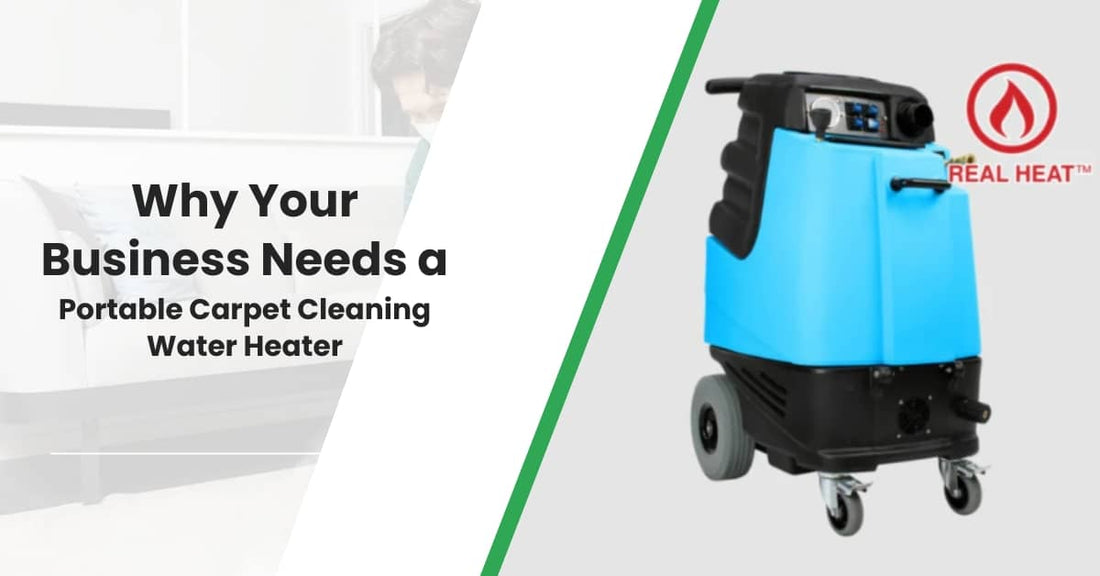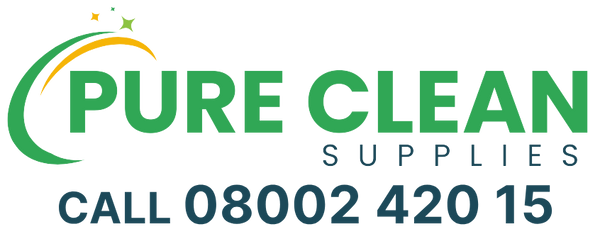






HEPA vs Standard: Which Vacuum Filter Does Your Kiwi Home Actually Need?
Your vacuum cleaner works hard, but does it work smart? The filter inside your machine determines whether you're truly cleaning your home or just moving dust around. With New Zealand's unique mix of coastal salt air, spring pollen blooms, and those endless renovation projects, choosing the right filter becomes crucial for maintaining a genuinely clean home.
Most Kiwi households face the same dilemma: spend extra on HEPA filters or stick with standard options? The answer depends on your specific situation, and understanding the difference could save you hundreds of dollars while dramatically improving your home's air quality. If you’re unsure which type is best, browse our full range of vacuum cleaner filters designed for NZ homes.

Understanding Filter Performance in New Zealand Conditions
Standard vacuum filters capture particles larger than 10 microns. This means they'll grab visible dust, pet hair, and larger debris without breaking a sweat. HEPA filters, on the other hand, must capture 99.97% of particles 0.3 microns or larger - including microscopic allergens, pollen, and even some bacteria.
New Zealand's spring brings massive pollen counts, particularly in Canterbury and Otago regions, where grass pollen can reach extreme levels. A standard filter allows these tiny particles to pass straight through, recirculating them into your breathing space. HEPA filters trap these allergens completely, creating noticeable relief for allergy sufferers.
Auckland homeowners dealing with humidity and mould spores see dramatic improvements when switching to HEPA filtration. The dense fibre construction captures mould particles that standard filters miss entirely. One Wellington family reported reducing their child's asthma symptoms by 60% within three weeks of upgrading to HEPA filtration throughout their home.
Pet owners face unique challenges in New Zealand homes. While standard filters handle visible pet hair effectively, they can't capture the microscopic dander proteins that trigger allergic reactions. These proteins measure just 1-5 microns - well within HEPA territory but far too small for standard filtration.
Learn more in our guide to top vacuum cleaners for pet hair to see which models pair best with HEPA filters.

Cost Analysis: When HEPA Filters Pay for Themselves
HEPA filters cost 2-4 times more than standard options upfront, but smart buyers look beyond the initial price tag. A quality HEPA filter typically lasts 6-12 months with regular maintenance, while standard filters need replacement every 2-3 months under similar conditions.
Consider a typical Auckland household with two cats and seasonal allergies. Standard filters cost $15 each and require replacement every 10 weeks due to pet dander buildup. Annual cost: $78. A comparable HEPA filter costs $45 but lasts 8 months with proper care. Annual cost: $68.
The real savings appear in reduced cleaning time and improved health outcomes. HEPA filtration removes particles so thoroughly that surfaces stay cleaner longer. Families report extending their deep cleaning intervals from weekly to biweekly, saving 3-4 hours monthly on household maintenance.
Medical costs factor into the equation, too. New Zealand families spending $200+ annually on antihistamines and allergy medications often see dramatic reductions when HEPA filters remove trigger particles from their living spaces. The Asthma and Respiratory Foundation NZ confirms that improved indoor air quality reduces medication dependency in 70% of cases.
Commercial HEPA filters designed for New Zealand's trade conditions offer exceptional value for renovation projects. A Christchurch builder switched to HEPA filtration after standard filters clogged daily during a dusty demolition job. The HEPA system ran continuously for three weeks, maintaining suction power throughout the project while protecting workers from harmful silica particles.
Don’t miss our guide on must-have vacuum cleaner accessories to upgrade your cleaning efficiency even further.

Matching Filter Types to Your Home's Specific Needs
Small apartments under 60 square meters with minimal carpeting function perfectly with standard filtration. These spaces generate fewer airborne particles, and the vacuum's primary job involves surface cleaning rather than air purification. Standard filters handle this workload efficiently while keeping replacement costs minimal.
Medium homes (60-120 square meters) with carpeted bedrooms and hard floors benefit from hybrid approaches. Many Kiwi families use HEPA filters in bedrooms where family members sleep 6-8 hours nightly. In contrast, standard filters handle high-traffic areas like kitchens and entryways where debris tends toward visible particles rather than microscopic allergens.
Large homes over 120 square meters, particularly those with multiple pets or family members with respiratory sensitivities, justify HEPA filtration throughout. The increased air circulation in larger spaces means particles travel further, making thorough filtration essential for maintaining consistent air quality.
Coastal properties face unique challenges from salt air and sand infiltration. Standard filters become saturated quickly with salt particles, reducing suction power and requiring frequent replacement. HEPA filters handle salt air effectively while maintaining consistent performance over extended periods.
Homes with wood-burning fireplaces or heat pumps need HEPA filtration regardless of size. These heating systems circulate microscopic ash and dust particles that standard filters can't capture. The particles remain airborne for hours, settling throughout the home and triggering respiratory irritation.

Making the Right Choice for Your Situation
Evaluate your household's specific trigger points before choosing filtration levels. Families with young children crawling on carpeted floors need maximum particle removal, making HEPA filters essential. Adults living in newer homes with minimal carpeting often achieve excellent results with high-quality standard filters.
Rental properties present special considerations. Check your tenancy agreement regarding vacuum maintenance responsibilities. Many landlords provide basic vacuum cleaners with standard filtration, but tenants can upgrade filters independently. This approach improves living conditions without major equipment investments.
Seasonal adjustments work well for many New Zealand households. Switch to HEPA filters during the spring pollen season (March-May) when allergen counts peak, then return to standard filters during the winter months when outdoor particles decrease significantly.
Budget-conscious families can phase in HEPA upgrades strategically. Start with bedrooms where you spend the most time, then expand to living areas as budgets allow. This graduated approach provides immediate benefits in the most important spaces while spreading costs over several months.
Your vacuum filter choice impacts every breath you take at home. Whether you choose standard or HEPA filtration, Pure Clean stocks genuine replacement filters for all major vacuum brands sold in New Zealand. Our team helps match filter specifications to your exact vacuum model, ensuring optimal performance and value from your investment. We also offer a complete range of cleaning supplies to keep your home spotless year-round.
